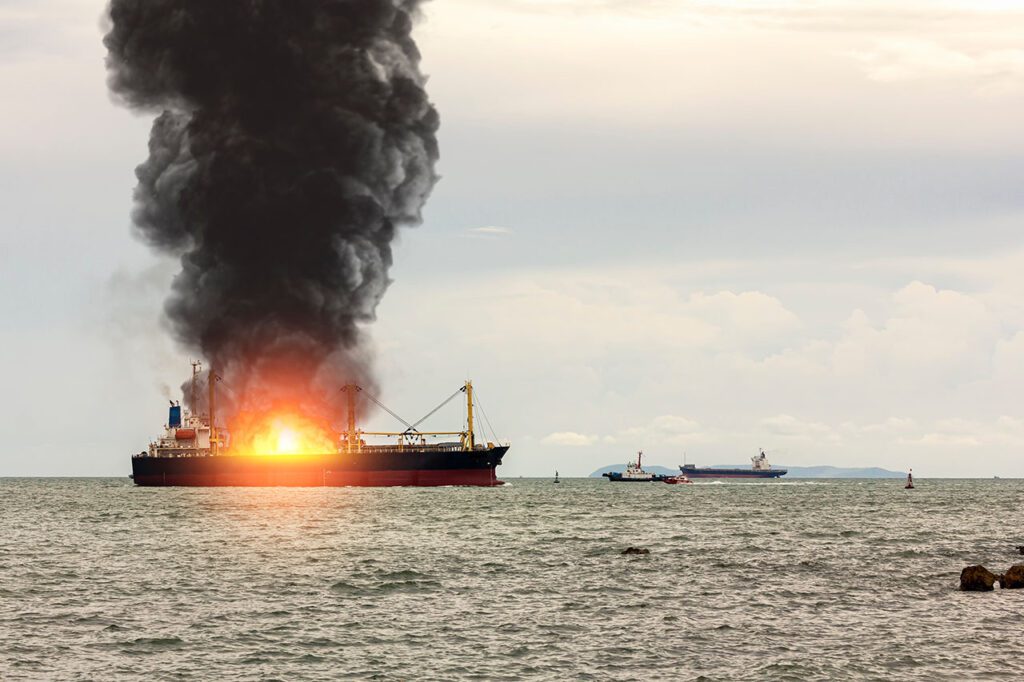Introduction
The International Maritime Solid Bulk Cargoes (IMSBC) Code, which amplifies the requirements of SOLAS Chapter VI, Part B Special Provisions for Solid Bulk Cargoes, continues to be updated as new cargo properties and dangers are discovered. The most recent update, which includes important new controls for Ammonium Nitrate Fertiliser cargoes that may ignite and explode, is incorporated into the recently released IMSBC Code Edition 2022. This update, their ship and crew safety importance and its impact on Members who operate bulk carriers are highlighted in this Risk Bulletin.
Background
The background and necessity for the IMSBC Code were detailed in Risk Bulletin No. 41 of January 2021. This information will not be repeated here, and Members may wish to look back and review. However, members are reminded that the IMSBC Code is still a ‘work in progress’ and cannot – by itself – provide a complete safety barrier to the dangers presented by bulk cargoes.
An example of the limitations of the IMSBC Code is that it continues to depend on the accuracy and veracity of the information provided by cargo shippers in relation to cargo composition and moisture content. All without the obligation of an independent and objective check. Numerous bulk carrier capsizes, and crew deaths have occurred in the past as an apparent consequence. Fortunately, no more have occurred since the loss of the Indonesian bulker ‘NUR ALLYA’ in 2019.
Latest amendments to the IMSBC Code
During April 2022, the IMO’s Maritime Safety Committee (MSC) adopted Res. MSC. 500(105). This resolution contains the IMO’s 06-21 amendments to the IMSBC Code, as incorporated into the IMSBC Code 2022 Edition.
Mandatory compliance with the amended IMSBC Code requirements will begin on 1 December 2023. However, it has been agreed that contracting governments to the SOLAS Convention may apply the latest Code amendments – in their entirety or in part – on a voluntary basis from 1 January 2023.
NOTE 1: MM’s recommendation to its Members is that Member compliance with the updated obligations in the IMSBC Code 2022 Edition are considered to be prudent and should be undertaken as a matter of priority and preferably well before 1 Dec 2023.
The principal ‘changes for the good’ to the updated IMSBC Code are as follows:
- Revisions have been made to existing bulk cargo schedules. This includes deletion of the existing schedules for AMMONIUM NITRATE BASED FERTILIZER (non-hazardous) and SUPERPHOSPHATE (triple, granular). These schedules have been replaced and are as noted below.
- New and replacement individual Schedules have been added for:
– AMMONIUM NITRATE BASED FERTILIZER – Group C
– AMMONIUM NITRATE BASED FERTILIZER MHB – Group B
– SUPERPHOSPHATE (triple, granular) MHB (CR) – Group B
– LEACH RESIDUE CONTAINING LEAD MHB – Group B - The definition of Group A ‘cargoes which may liquefy’ has been extended to include ‘dynamic separation’ which is defined below, together with advice on the potentially deadly outcome.
- “Dynamic separation means the phenomenon of forming a liquid slurry (water and fine solids) above the solid material, resulting in a free surface effect which may significantly affect the ship’s stability.”
- “Cargoes [including bauxite and coal] which may undergo dynamic separation means cargoes which contain a certain proportion of fine particles and a certain amount of moisture and may undergo dynamic separation if shipped at a moisture content in excess of their transportable moisture limit.”
Impact on Members of IMSBC Code Changes to Bulk Fertiliser Cargoes
The IMSBC Code Cargo Schedule 2022 updates made to the requirements for the testing, declaration and carriage of the bulk cargoes Ammonium Nitrate Based Fertilizer and Superphosphate Fertilizer are of critical importance to the prevention of shipboard fires and toxic hazards.
Both these fertiliser types are peculiar in that they are not classified as being hazardous in packaged/bagged form. As such, they are not listed in the IMDG Code. Nor have they been allocated a UN dangerous goods number.
NOTE 2: A UN number is a four-digit number that identifies dangerous goods, hazardous substances and articles (such as explosives, flammable liquids, toxic substances, etc.) in the framework of international transport. They are assigned by the United Nations Committee of Experts on the Transport of Dangerous Goods.
However, it has now been established that the aforesaid fertiliser types may be dangerous when they are not packaged and are shipped in bulk. They are therefore now classified as Materials Hazardous in Bulk (MHBs), and they are subject to a new and special IMSBC Code testing regime. This important change and its impacts are summarised below.
Ammonium Nitrate Based Fertiliser (ANBF) may suffer Self Sustaining Decomposition (SSD) and ignition if it contains high levels of Ammonium Nitrate or Chlorides. The IMSBC Code now specifies precise composition limits on these chemical elements.
Any ANBF product which falls below the Code’s new limits will be categorised as:
- AMMONIUM NITRATE BASED FERTILIZER – GROUP C (i.e., a straight nitrogen-based or compound fertiliser that is within IMSBC Code limits and therefore considered non-hazardous).
Any ANBF product which exceeds the Code’s new limits will be categorised as:
- AMMONIUM NITRATE BASED FERTILIZER MHB – GROUP B (i.e., now reclassified as an MHB Group B which is chemically hazardous).
Additionally, the IMSBC Code now obligates the ANBF cargo shipper to test the cargo to determine its chemical composition and its appropriate declaration to the carrying vessel’s Master as a Group B (hazardous) or a Group C (non-hazardous) cargo.
NOTE 3: Bearing in mind the potential for shipper misdeclaration, either intentional or because lack of knowledge of the IMSBC Code’s updated requirements, Members and their Masters must pay close attention to the preferably jointly witnessed test results obtained and the accuracy and veracity of the shipper’s declared Bulk Cargo Shipping Name (BSNC).
NOTE 4: Members must also ensure that if they will be carrying a Group B cargo, its carriage is entitled by the vessel’s/manager’s ISM Code Document of Compliance (DOC). Amendment may be required.
Superphosphate Fertiliser was previously listed in the IMSBC Code as below:
- SUPERPHOSPHATE (triple, granular) Group C and was declared as such for shipping document purposes.
As noted above, Superphosphate Fertiliser has now been designated as an MHB and has been reclassified in the updated IMSBC Code as:
- SUPERPHOSPHATE (triple, granular) MHB (CR) – GROUP B, with the letters CR meaning Corrosive.
In terms of testing Superphosphate Fertiliser for IMSBC Code purposes, this is not required as its re-classification as a Group B cargo now extends to all such products and is not composition specific. However, a correct shipper’s BCNS declaration is required. Thus, although the IMSBC Code 2022 revisions do not come into effect mandatorily until 1 Dec 2023, Members and their Masters should bear in mind that a shipper’s BCNS declaration of ‘SUPERPHOSPHATE (triple, granular) – Group C is in fact no longer technically correct or safe.
Impact on Members of adding Leach Residue Containing Lead Cargo (LRCL)
LRCL has now been established as being an MHB cargo and is a new addition to the IMSBC Code cargo schedule section. It is described in the Code as being toxic. Additionally, it is composed of fine granules such that it is prone to liquefaction. As such, LRCL is designated as being both a Group A and B cargo (i.e., doubly dangerous). It appears in the IMSBC Code as:
- LEACH RESIDUE CONTAINING LEAD MHB – GROUP A and B
NOTE 5: LRCL is reprocessed for use in making lead acid storage batteries, pigmentation, pipework, cable sheathing, radiation protection and similar products. Useful but hazardous while being stored and transported as a raw product.
As a Group A cargo that may liquefy, LRCL shippers are obligated to provide a test certificate to IMSBC Code standards which specify both the moisture content and the Transportable Moisture Limit (TML). LRCL can become saturated if exposed to heavy rain during shore storage or loading operations such that close attention to sampling time period validity and preferably joint testing accuracy is essential.
As a Group B cargo that is chemically hazardous, LRCL can give off toxic gas if exposed to temperatures of 1000º C. or more (e.g., from portable cargo lights left on in the holds). Any water/leachate from LRCL may also be toxic to both humans and aquatic life. Great care is required when exposed to leachate during cargo hold and bilge cleaning. Pumping cargo hold bilges overboard in coastal and port waters should also be prohibited.
Conclusion and Takeaway
The use of the IMSBC Code as an essential loss prevention tool continues to benefit from ongoing dry bulk cargo handling experience and research input to the IMO. The result has been an update (usually every two years) of the Code’s technical information and advice as well as improved regulation on the way this process must be controlled and made safer.
As always, the key issue is the acceptance and application of new regulation and its enforcements. The evidence appears to be that the shipping industry and ship masters are paying attention and that most of the IMSBC Code requirements are being complied with (e.g., the significant reduction in cargo liquefaction ship capsizes and deaths). Despite this, significant risks remain, and new risks are being discovered. Members and their Masters should therefore continue to be vigilant and alert to the potential dangers of all dry bulk cargo shipments. Members who operate bulk carriers are encouraged to bring this Risk Bulletin to the attention of their DPAs, Ship Managers and Masters. Members should also ensure that ready access to the IMS Code 2022 Edition is available to their Ship Managers and onboard all their bulk carriers. Finally, that the updated guidance it provides is formally implemented by specific incorporation into all ISM Code or NCVS equivalent SMS manuals and procedures and by subsequent internal and external audit.


